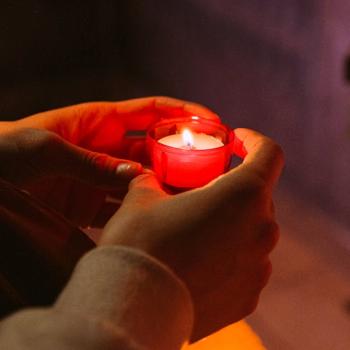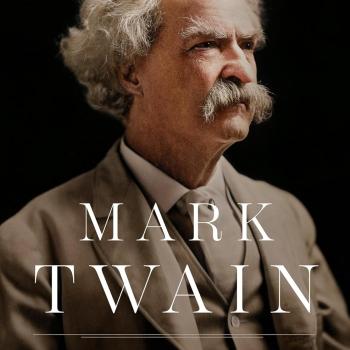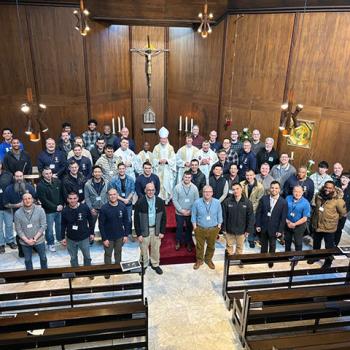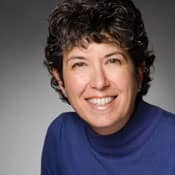But in the end of the 1970s and the beginning of the 1980s, there was a sea change in Israeli politics. The traumas engendered by the 1973 war and the resurgence of ethnic pride among Israeli Jews of North African origin triggered a growing religious element in Israeli life. The secular founders (Ben Gurion and his colleagues) were deposed and Menachim Begin, Ariel Sharon, and others like them—who were more attuned to religious attitudes—were installed.
In Israel today, Jewish denominations like Reform or Conservative Judaism have only miniscule representation; there is only Orthodox Judaism. Even so, most Israelis are still secular in belief and practice. As many will say, "the synagogue I don't go to must be Orthodox." Modern Orthodox Judaism is educated, politically active, supports the settler movement, yet keeps kosher and Shabbat. Then there is also the Ultra-Orthodox community, which absolutely rejects the values of modernity in dress, lifestyle, habits, and community. They are apolitical, some are anti-Zionists, and are opposed to the secularism.
There's an element of mysticism in some of these conversions, especially the ones that involved some kind of vision or prophetic gift. The story of Manduzio makes clear that for Jews, prophecy is closed, and the rabbis alone have the authority to interpret scriptures and discern the community's direction. Where is the place for mysticism in Orthodox spirituality?
Rabbinic Judaism absolutely discourages visions and visionaries and miracles. For Jews, prophecy ended with the last prophets of the Hebrew Bible—Haggai, Zechariah, Malachi. The teaching is that there will be no further direct revelation until 'the end of days,' when the Messiah comes. Until then, the Jewish tradition provides space for contemplation, ecstasy, mystery, but not for revelation. For that reason, Judaism has been called "the longest case of delayed gratification in human history." In literary terms, this was pithily expressed by Franz Kafka who said that "the Messiah will come on the day after he's supposed to get here." Our job, in the meantime, is to believe that there will be redemption at some distant future point. This classical Jewish understanding, so radically different than the Christian understanding of the world as redeemed by Christ, was shaken by the events of the 20th century, and for many Jews, the state of Israel functions as the replacement of the Messianic idea and the fulfillment of Messianic expectation.
That said, the mystery of faith and conversion in these stories often involves the power of a book. Many of the protagonists in these stories discover a book, hidden or forbidden or unknown. For the Italian Catholic Sabbath-observer, Manduzio, it was the Torah, previously unknown to him, that spoke to him of divine truth; for Aaron Lustiger, the French Jewish youngster who would grow up to be the bishop of Paris, it was the New Testament, hidden from him by his parents. Edith Stein, another convert, came to Christianity by reading Teresa of Avila's works. We forget sometimes how very powerful these sacred stories can be in an individual's life story.
Where do we go from here? Between the Vatican's modern efforts to extend a hand of repentance, and American Protestants' theological support for Israel, what kind of future do Christianity and Judaism have together?
The story, in all of its magnificent complexity, continues. The relationship may be closer, but it will still be uneasy.





